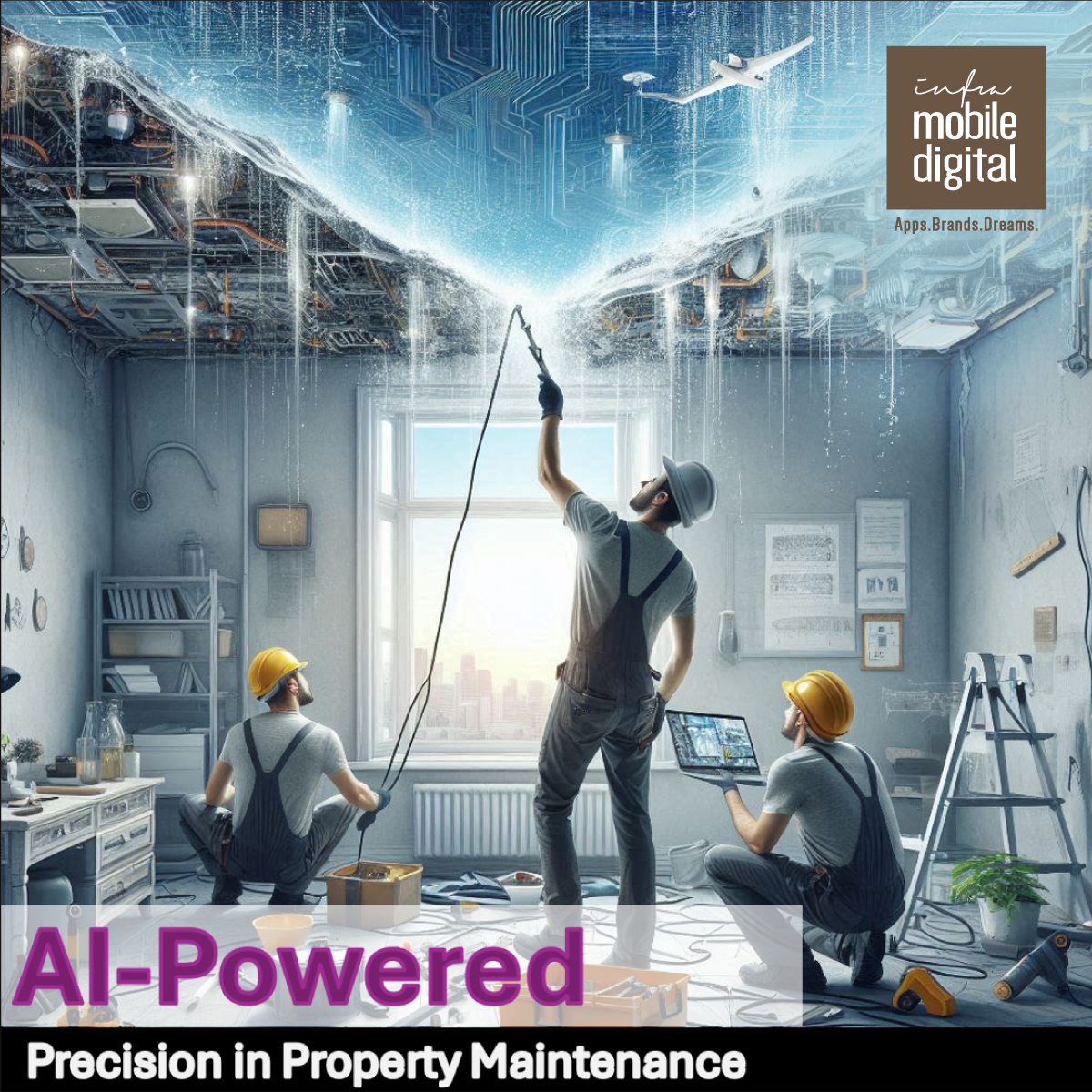How AI Enhances Defect Detection in ProFix
In the realm of property management, ensuring the quality and safety of buildings is paramount. ProFix, a leading name in property defect management, has revolutionized defect detection through the integration of Artificial Intelligence (AI). This cutting-edge technology has not only enhanced the accuracy of identifying defects but has also significantly improved the efficiency of the entire process. Here’s how ProFix leverages AI to deliver superior defect detection and management.
The Role of AI in Defect Detection
Artificial Intelligence, with its advanced algorithms and machine learning capabilities, is reshaping various industries, and property management is no exception. At ProFix, AI is utilized to analyze vast amounts of data collected from property inspections, maintenance logs, and sensor networks installed in buildings. This data-driven approach enables the system to identify patterns and anomalies that may indicate potential defects.
Enhanced Accuracy
One of the standout benefits of integrating AI into ProFix’s defect detection process is the remarkable increase in accuracy. Traditional methods often rely on manual inspections, which are prone to human error and inconsistencies. AI algorithms, on the other hand, can process data with precision, detecting even the slightest deviations from the norm that might go unnoticed by human inspectors. For instance, AI can analyze images from inspections to spot cracks, leaks, or structural weaknesses with a high degree of accuracy.
A study published by the National Institute of Standards and Technology highlights how AI-driven defect detection systems can reduce errors by up to 70%, demonstrating the potential of this technology in improving inspection accuracy (Validata Financial).
Improved Efficiency
Efficiency is another critical factor where AI makes a significant impact. Manual inspections are time-consuming and labor-intensive, often requiring inspectors to physically visit each site and document their findings. AI streamlines this process by automating data collection and analysis.
According to a report by McKinsey & Company, the adoption of AI in maintenance and defect detection can boost productivity by 20-30%, showcasing the efficiency gains achieved through this technology (LeewayHertz – AI Development Company).

Predictive Maintenance
AI’s ability to predict potential defects before they occur is a game-changer for property management. ProFix uses predictive analytics to foresee when and where defects are likely to develop. By analyzing historical data and identifying trends, AI can predict future maintenance needs and schedule preventative measures. This proactive approach minimizes downtime and prevents minor issues from escalating into major problems.
A case study by IBM demonstrates how predictive maintenance using AI can reduce maintenance costs by up to 25% and unplanned outages by up to 70%, emphasizing the financial benefits of this technology (Maruti Techlabs).
Seamless Integration
Integrating AI into ProFix’s existing systems was a seamless process, thanks to the modular and scalable nature of AI technologies. The company leveraged cloud-based AI platforms, which offer robust data processing capabilities and ensure that the AI models are continually updated with the latest data. This integration ensures that ProFix stays at the forefront of defect detection technology, providing their clients with the highest level of service.
Real-World Impact
The real-world impact of AI integration in ProFix’s defect detection process is evident in their client satisfaction rates and overall performance metrics. Clients have reported fewer incidents of unnoticed defects and faster resolution times for identified issues. Additionally, ProFix has seen a significant reduction in maintenance costs and downtime, attributing these improvements to the efficiency and accuracy of their AI-driven systems.

Future Prospects
As AI technology continues to evolve, its applications in defect detection and property management are expected to expand further. ProFix is committed to staying ahead of the curve by continually investing in AI research and development. The future holds promising advancements such as enhanced image recognition capabilities, real-time data analytics, and even more sophisticated predictive maintenance algorithms.
Challenges and Solutions
While the benefits of AI integration are clear, the implementation process is not without its challenges. Data privacy and security are paramount concerns, given the sensitive nature of property management data. ProFix addresses these concerns by employing robust encryption methods and ensuring compliance with all relevant data protection regulations. Additionally, the company invests in continuous staff training to ensure that their team is well-versed in handling AI tools and interpreting the results accurately.
Another challenge is the initial cost of AI implementation. However, the long-term savings from reduced maintenance costs and improved efficiency make this investment worthwhile. ProFix also takes advantage of AI’s scalability, allowing for gradual implementation and cost distribution over time.
Conclusion
The integration of AI in ProFix’s defect detection system has transformed property management by improving accuracy and efficiency. Through advanced data analysis, automated inspections, and predictive maintenance, AI is setting new standards in the industry. As ProFix continues to innovate, the future of defect detection looks brighter than ever.
For more insights into how AI enhance defect detection, stay updated on the latest AI trends, visit IMD’s blog and chat with us for personalized advice and information. Check it out here!
![]()
